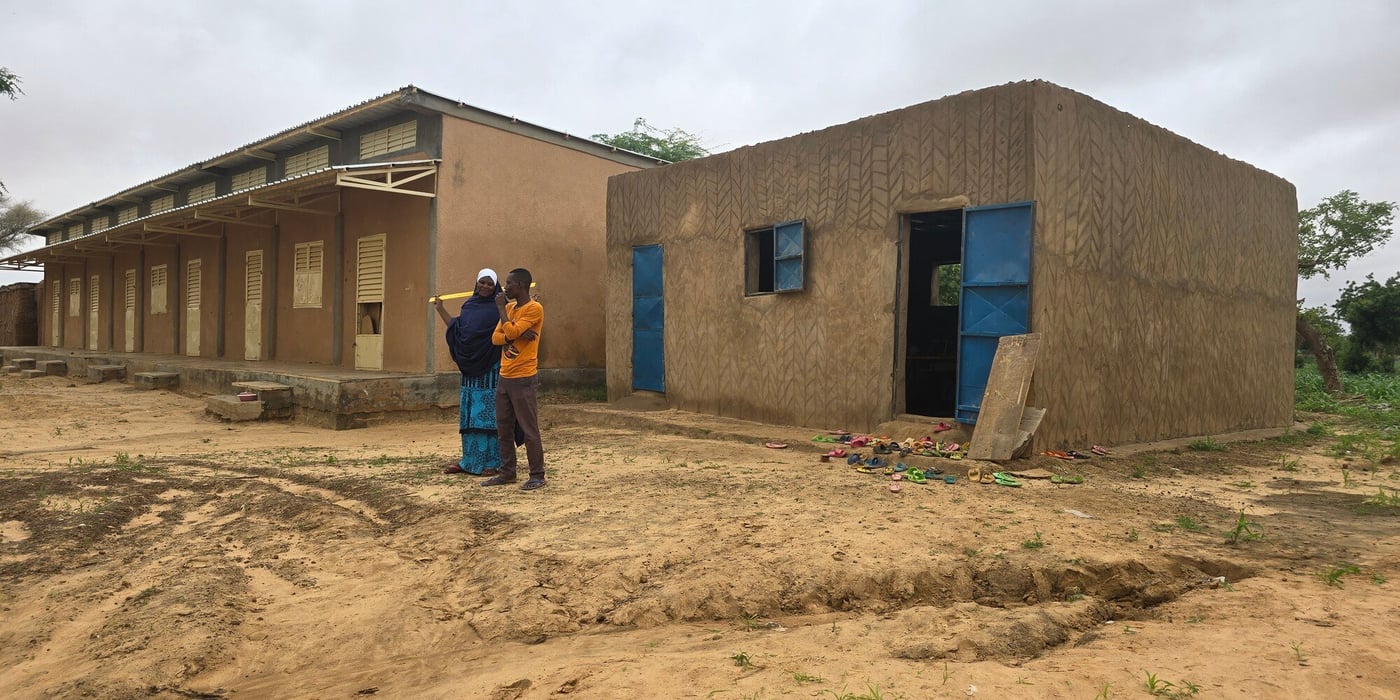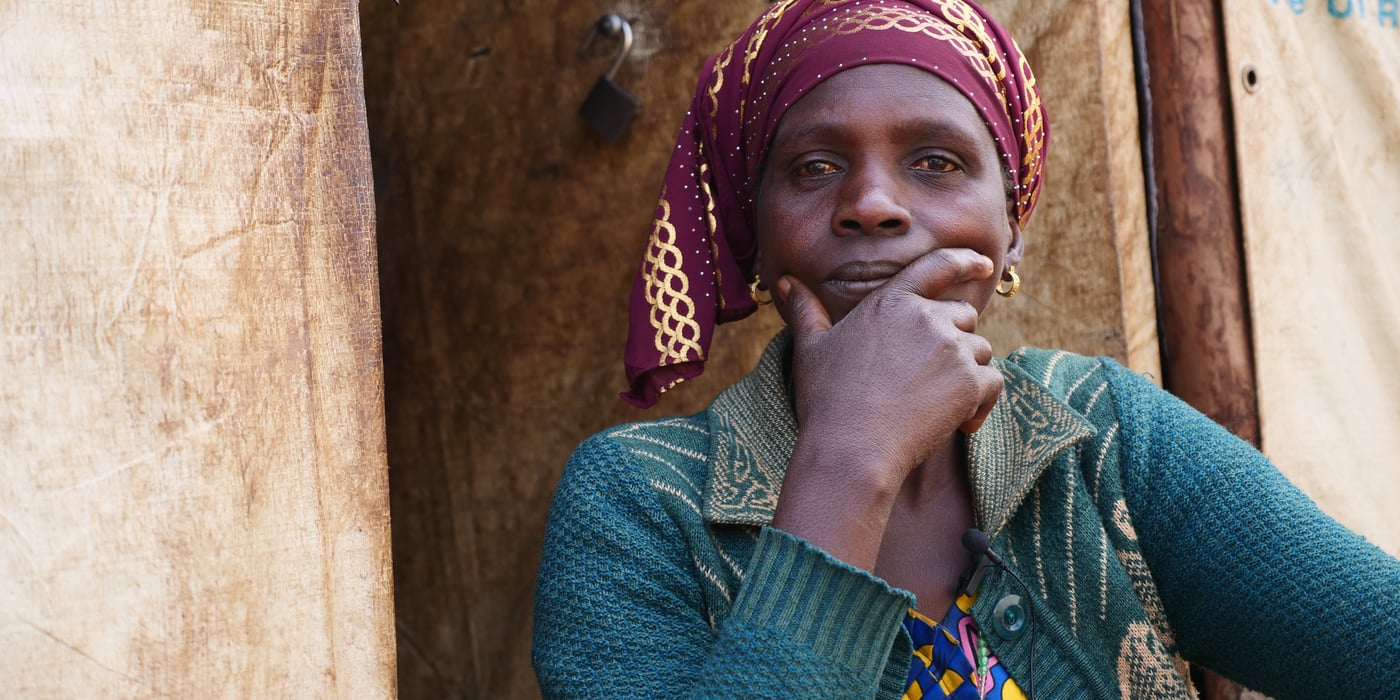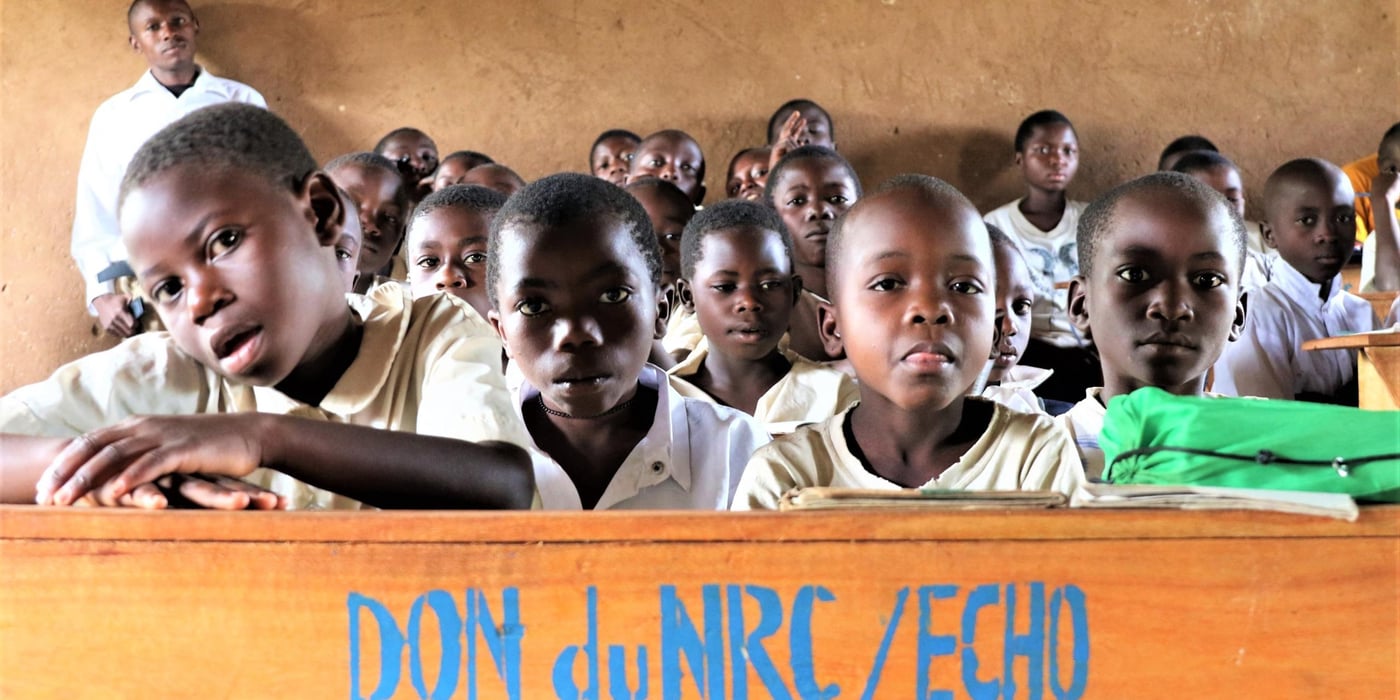
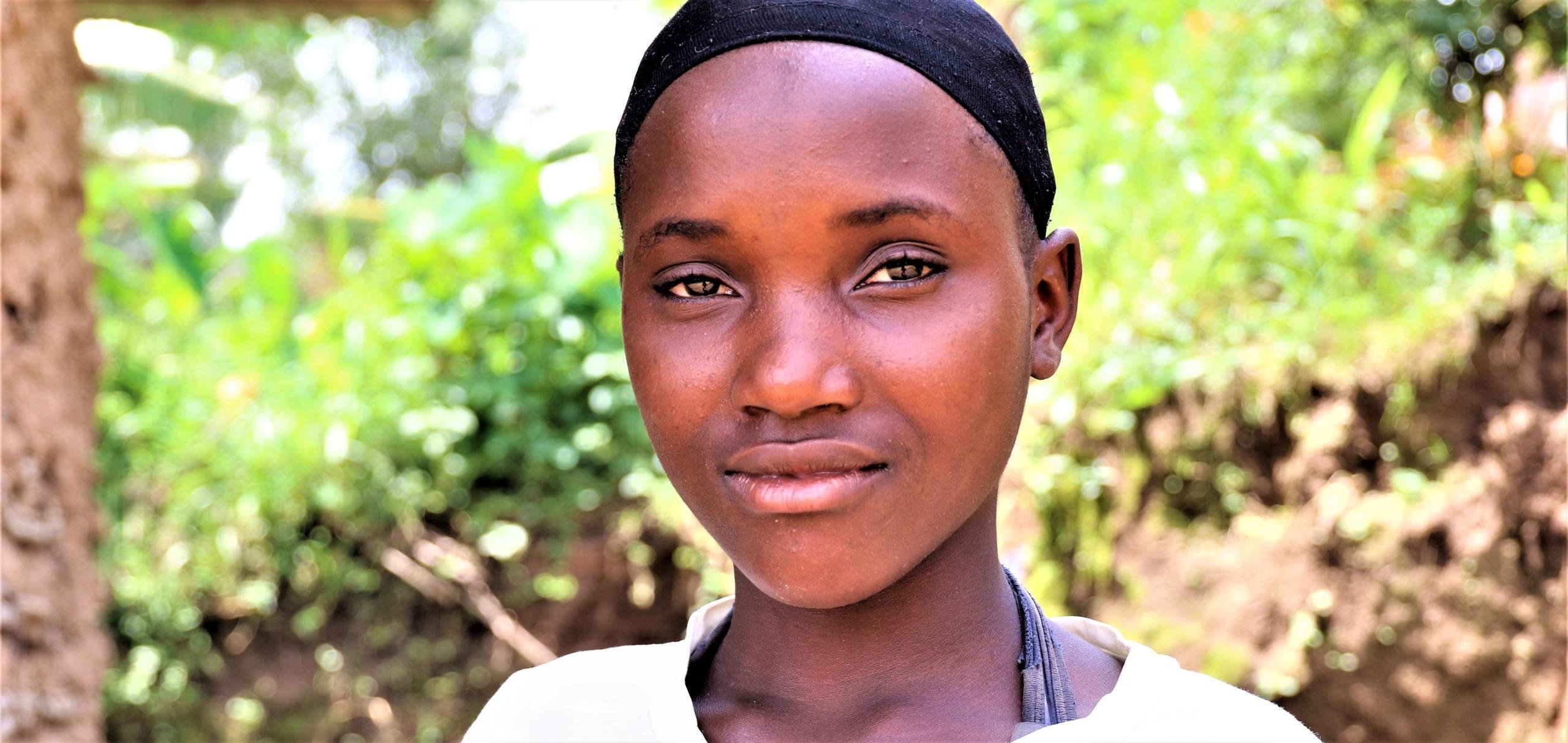
Many of the 7.4 million out-of-school children in DR Congo live in rural areas affected by the presence of armed groups, such as Rutshuru, a territory situated close to the Ugandan border in the eastern DR Congo.
"Before attending the Norwegian Refugee Council’s catch-up classes, I couldn’t speak any French. Now, I can speak and understand some," says Kavira, a 13-year-old girl who lives with her parents and siblings in Kasave, a small village in Rutshuru.
I was sad and bored. I had to stay home while my friends were at school. I wasn’t able to meet my classmates anymore.Kavira
Situated about 70 kilometres from the large city of Goma in DR Congo, Rutshuru has been affected by armed groups several times, paralysing the education sector and depriving thousands of children of their education.
Most of the residents of Rutshuru are agriculturalists and previously earned money from what they harvested in their fields. Since kidnapping has become a regular occurrence in the territory, people are afraid to go to their fields. Consequently, many parents have been unable to send their children to school because they are incapable of paying school fees.
We are overwhelmed by the level of needs in the Binza area. We have been able to assist over 13,200 children, but there are still more out-of-school children in need of assistance.Shannon O’Rourke Kasali, NRC’s Education Specialist in DR Congo
In 2016, Kavira had to drop out of school: Her parents were no longer able to pay her school fees. "I was sad and bored. I had to stay home while my friends were at school. I wasn’t able to meet my classmates anymore," she says.
"I felt hopeless and was concerned about my future." Desperate to go back school, Kavira helped her mother farm their plot of land near their home, as well as fetching water and cooking. However, these tasks were tough and tiring at her age.
The only INGO responding in the area
In early 2018, the Norwegian Refugee Council (NRC) began delivering aid to crisis-affected people in the Binza locality of Rutshuru territory, including helping children back to school. In this area, NRC is currently assisting people accessing education, food security and information, counselling and legal assistance.
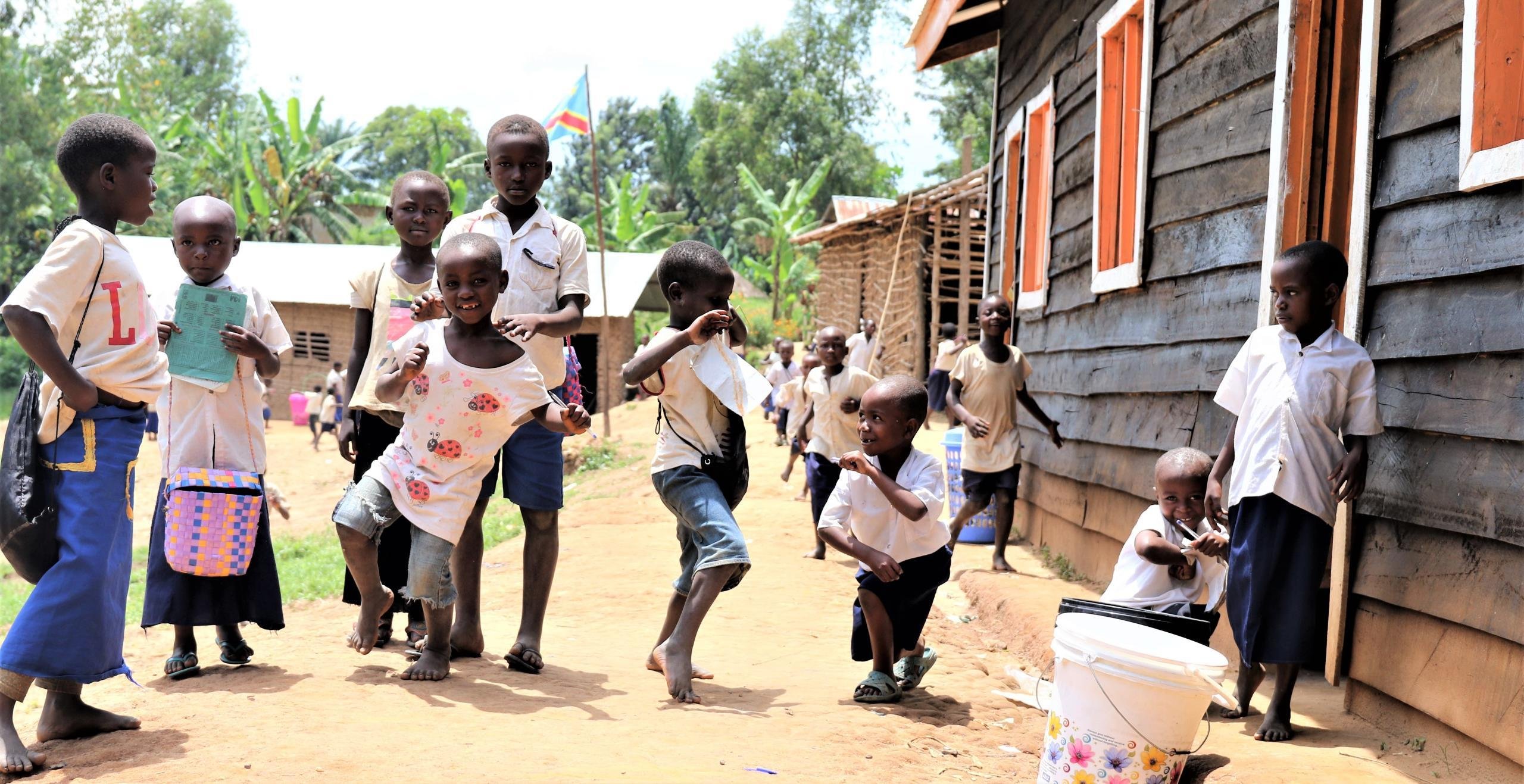
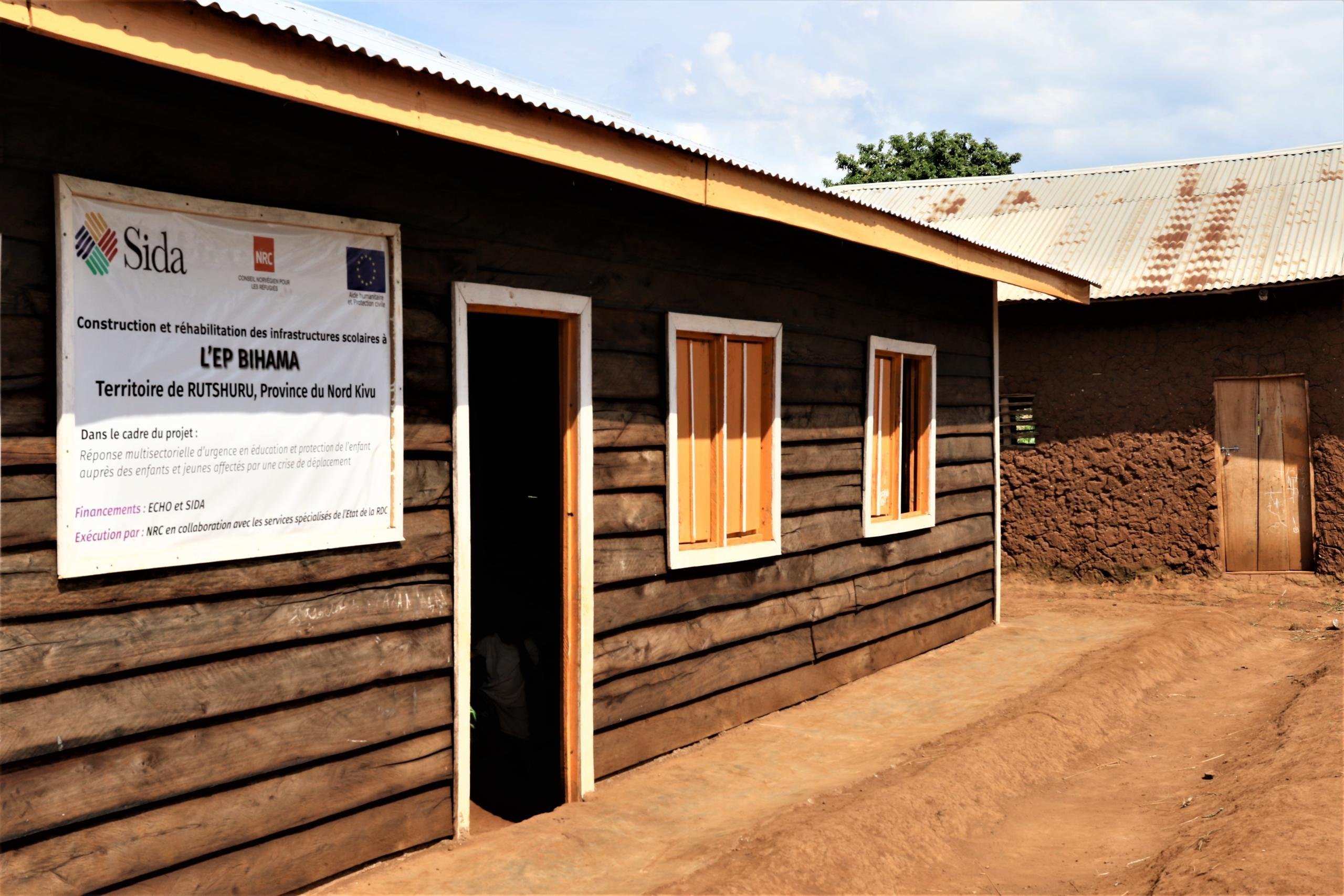
Because of security challenges and low donor funding, other humanitarian agencies have had to close down and relocate their operations. Currently, NRC is the only INGO responding in this area. Although we have several ongoing projects, we are unable to respond to all of the needs on the ground. As a result, there are still children who are unable to go to school.
"We are overwhelmed by the level of needs in the Binza area. Funding from ECHO has enabled us to assist over 13,200 children, but there are still more out-of-school children in need of assistance," says Shannon O’Rourke Kasali, our education specialist in DR Congo. "We desperately need more funding for catch-up classes as well as for accelerated education to integrate other out-of-school children into school."
When we first responded in Binza, many primary schools were completely destroyed. Others had no roof, desks, proper latrines or clean water points. When it rained, water seeped into classrooms, and both students and teachers got wet, so they would have to stop teaching several times in the middle of class. Many students didn’t have notebooks, pens, pencils or school bags.
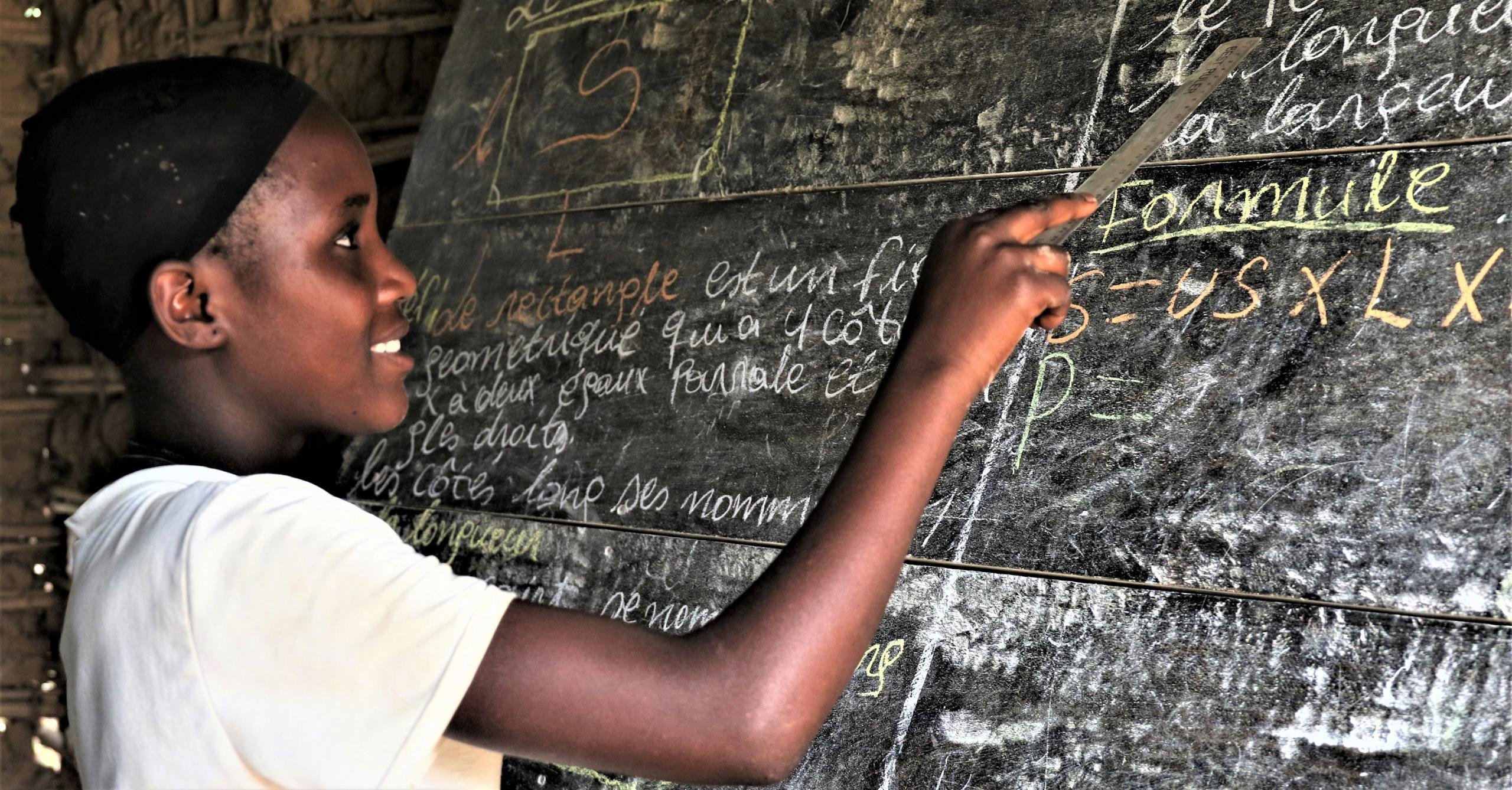
With support from the European Union Civil Protection and Humanitarian Aid (ECHO) and the Swedish International Development Cooperation Agency (Sida), we distributed notebooks, pens and pencils to over 13,200 students, including Kavira. We also trained teachers in psychosocial support and classroom management to ensure quality education for the conflict-affected children, and we trained parent-teacher committees on school management. In addition, we supported over 4,200 students with catch-up classes to help them reintegrate into school. When we met Kavira, she was attending sixth grade at Kihito Primary School, where we built two classrooms.
“I was very happy to go back to school”, says Kavira. She loves the French language as it helps her to communicate better with French speakers. She would like to use these skills to become a trader, so she can make money through business and help take care of her family members and siblings.
Recreation time at Kihito primary school
It’s 10.30 am when we meet Kavira at Kihito Primary School, where she is enjoying her lunch break with her best friends. "I missed them a lot when I was out of school,” she says. Kavira is playing a game called kaloke a children’s game where the player jumps and lets the ball pass through their legs from the right to the left and vice versa.
"It’s really a nice game that helps me relax and feel comfortable."
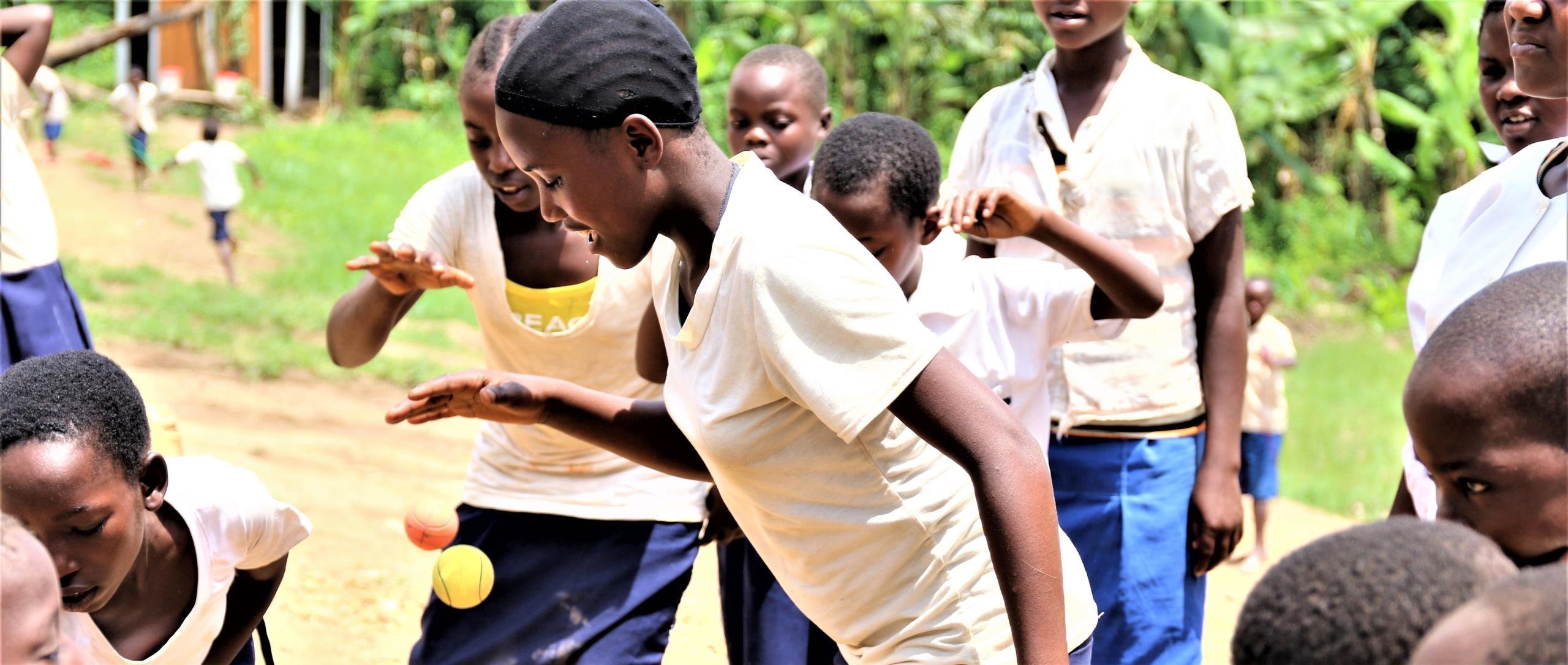
Since last year, we have built 28 new classrooms in 14 conflict-affected primary schools in Rutshuru. These classrooms are currently hosting children from the local community, returnees and displaced children. Numbers of student enrolled have doubled, and the schooling conditions have improved significantly.


